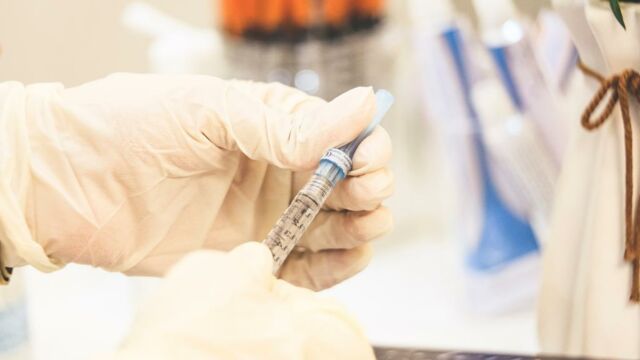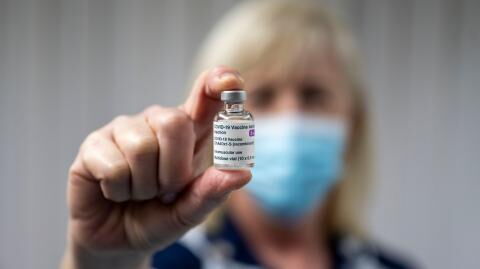Through the development of the coronavirus jab, researchers have been able to use the knowledge gained from the what is known as mRNA technology to see if it could be used to create a jab against other pathogens.
Discover our latest podcast
A game changing discovery
Recent clinical trials have collected data showing that a newly developed HIV vaccine could be the game changer since the apparition of the virus almost 40 years ago.
In its first stage of clinical trials, the vaccine was shown to be 97% effective against the human immunodeficiency virus. And despite ongoing research spanning decades and the introduction of anti-retroviral medication, the answer to HIV has remained elusive.
The technology that scientists were using to come up with the jab to shield against the coronavirus is one that uses lipid nanoparticles in order to deliver nucleic acids giving the body the instructions necessary to generate proteins that ultimately produce antibodies to fight deadly viruses.
The cure for millions of people worldwide
The International AIDS Vaccine Initiative and The Scripps Research Institute were able to develop this vaccine (that is still very much in its early stages) based off of the Pfizer-BioNTech and Moderna COVID-19 jabs.
Professor and immunologist at Scripps Research, Dr William Schief, believes this will be the key that unlocks the cure that will eradicate the virus currently affecting around 38 million people worldwide:
This study demonstrates proof of principle for a new vaccine concept for HIV, a concept that could be applied to other pathogens as well. With our many collaborators on the study team, we showed that vaccines can be designed to stimulate rare immune cells with specific properties and this targeted stimulation can be very efficient in humans.
And added:
We believe this approach will be key to making an HIV vaccine and possibly important for making vaccines against other pathogens.















